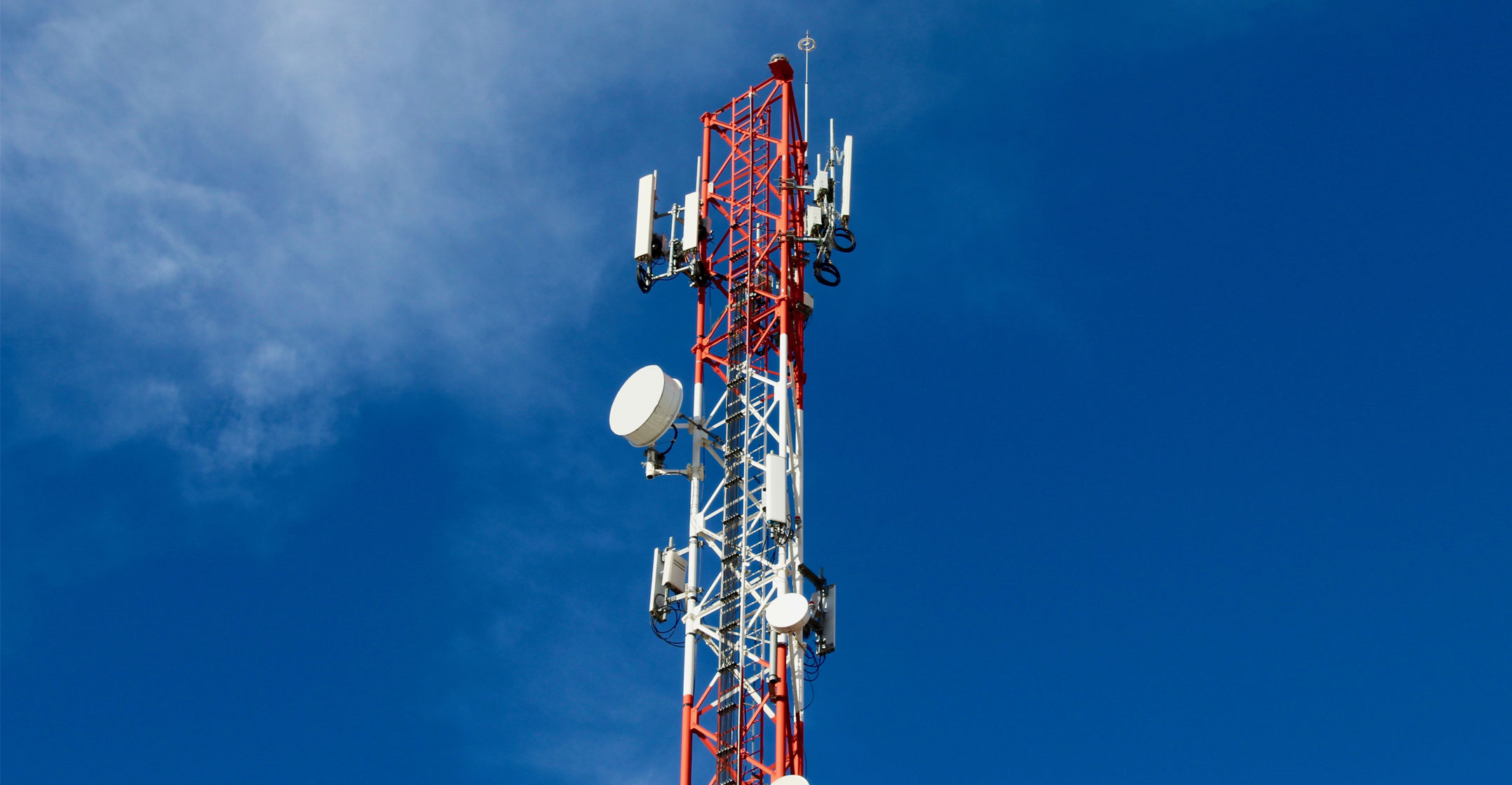
MTN Group’s sustainability report for 2017 shows just how environmentally polluting the telecommunications industry can be, despite ongoing efforts to reduce carbon emissions.
For example, the JSE-listed group consumed a staggering 375m litres of diesel last year, mainly to keep its base stations operational. It also used almost 1.4bn megawatt-hours of electricity, up from 1.2bn in 2016.
“The primary energy consumers for MTN’s operations are our technical facilities: network sites, data centres, switches and hubs,” the report said. “This is the infrastructure that enables the communication services we provide (and) is responsible for 95.8% of the total MTN energy consumption.”
The group’s energy profile consists mainly of electricity provided by electricity utilities such as South Africa’s Eskom (mostly produced by burning coal) as well as the energy it generates from burning diesel to run its base stations, data centres and other infrastructure.
“In countries such as South Africa and Iran, the bulk of our electrical energy is sourced from the national grid generated from coal combustion, as well as from a mix of resources, including natural gas, oil and hydropower,” MTN said in the report. “In other countries, such as Nigeria and Sudan, electricity is generated from stationary diesel combustion sources.”
It said it is striving in all 22 of the countries in which it operates to move to more efficient and climate-friendly sources of energy, including hydropower and solar.
MTN consumed 19.1bn gigajoules of energy in 2017, mainly from grid electricity, diesel and petrol. The group’s greenhouse gas (GHG) emissions increased by 24.7% compared to 2016, to two million tonnes of carbon dioxide equivalent (tCO2e).
Key statistics include:
- GHG intensity per subscriber: 0.0091 tCO2e (2016: 0.0071);
- Total energy consumption: 19.1bn gigajoules (2016: 14bn gigajoules);
- Total electricity consumption: 1.4m megawatt-hours (2016: 1.2m megawatt-hours);
- Total diesel consumption: 374 704kℓ (2016: 247 625kℓ);
- Total petrol consumption: 3 163kℓ (2016: 4 175kℓ); and
- GHG emissions avoided: 1 529 tCO2e (2016: 833 tCO2e).
MTN consumed approximately 24% more energy in 2017, compared to 2016, mainly in its operations in South Africa, Iran, Nigeria and Ghana (together representing about 85% of its total electricity consumption).
“This increase is mainly driven by the growing number of network sites across these operations, and a general increase in electricity requirements for both existing infrastructure and for our ongoing investments in 4G sites, which are more power intensive,” it said.
To reduce emissions — and costs — MTN is modernising its networks and ensuring new infrastructure investments are energy efficient and make use of alternative energy solutions.
Efforts undertaken over the past seven years have resulted in total alternative-energy sites leased from tower management companies growing to 5 092 by December 2017. MTN itself operates 3 147 solar and solar-hybrid sites and has a total of 12 758 energy-efficiency sites.
This has cumulatively resulted in 17 816kℓ less diesel being used, saved 38 250MWh of electricity and avoided 69 584 tCO2e of emissions. — (c) 2018 NewsCentral Media

